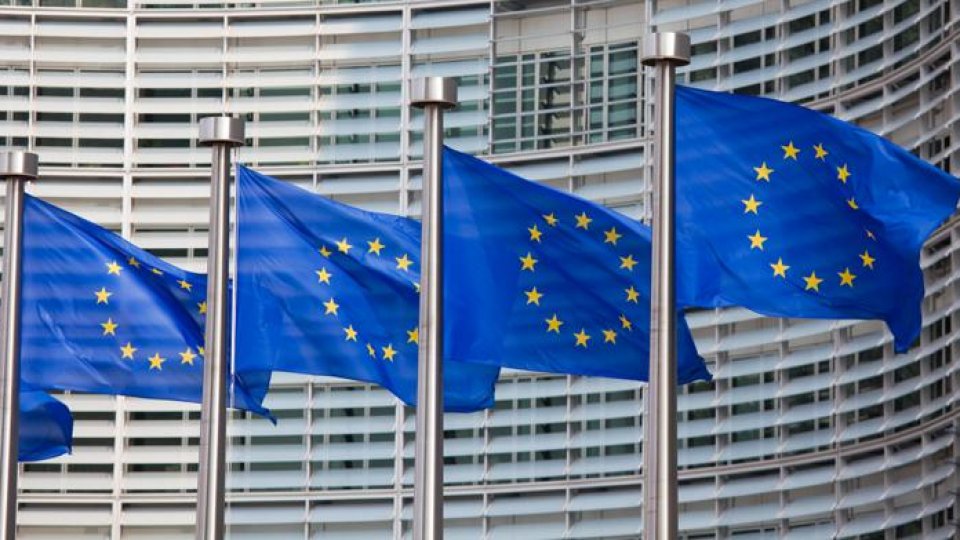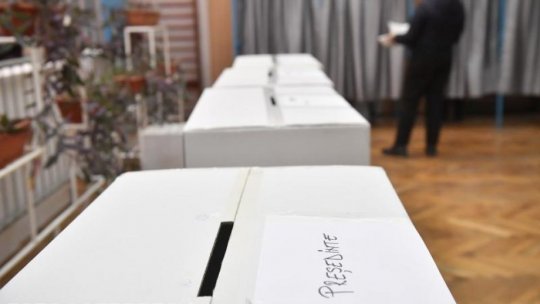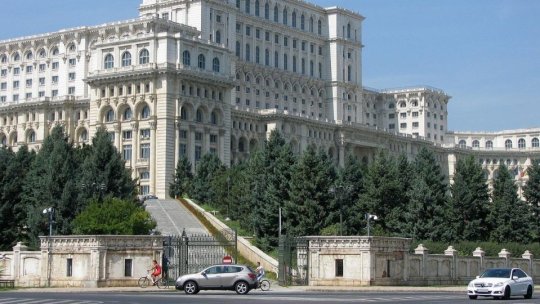EC: Practical advice for free movement of critical workers
This responds to requests of EU leaders and seeks to address practical concerns of citizens and companies affected by measures taken to limit spread of coronavirus.

31 Martie 2020, 22:12
European Commission has issued on Tuesday new practical advice to ensure that mobile workers within the EU, in particular those in critical occupations to fight the coronavirus pandemic, can reach their workplace. This includes but is not limited to those working in the health care and food sectors, and other essential services like childcare, elderly care, and critical staff for utilities.
This responds to requests made by EU leaders on 26 March and seeks to address practical concerns of citizens and companies affected by the measures taken to limit the spread of the coronavirus, as well as of national authorities implementing the measures.
While it is understandable that Member States have introduced internal border controls to limit the spread of the coronavirus, it is imperative that critical workers are able to reach their destination without delay.
List include health associate professionals, child and elderly care workers, scientists in health-related industries, those needed to install critical medical devices, firefighters and police officers, transport workers, as well as persons working in the food sector. Commission urges Member States to establish specific burden free and fast procedures to ensure a smooth passage for such frontier workers, including proportionate health screening.
As regards seasonal workers, particularly in the agricultural sector, Member States are asked to exchange information on their different needs at technical level and to establish specific procedures to ensure a smooth passage for such workers, in order to respond to labour shortages as a result of the crisis. Seasonal workers in agriculture perform in certain circumstances critical harvesting, planting and tending functions. In such a situation, Member States should treat those persons as critical workers and communicate to the employers the necessity to provide for adequate health and safety protection.
Source: European Commission Newsroom









